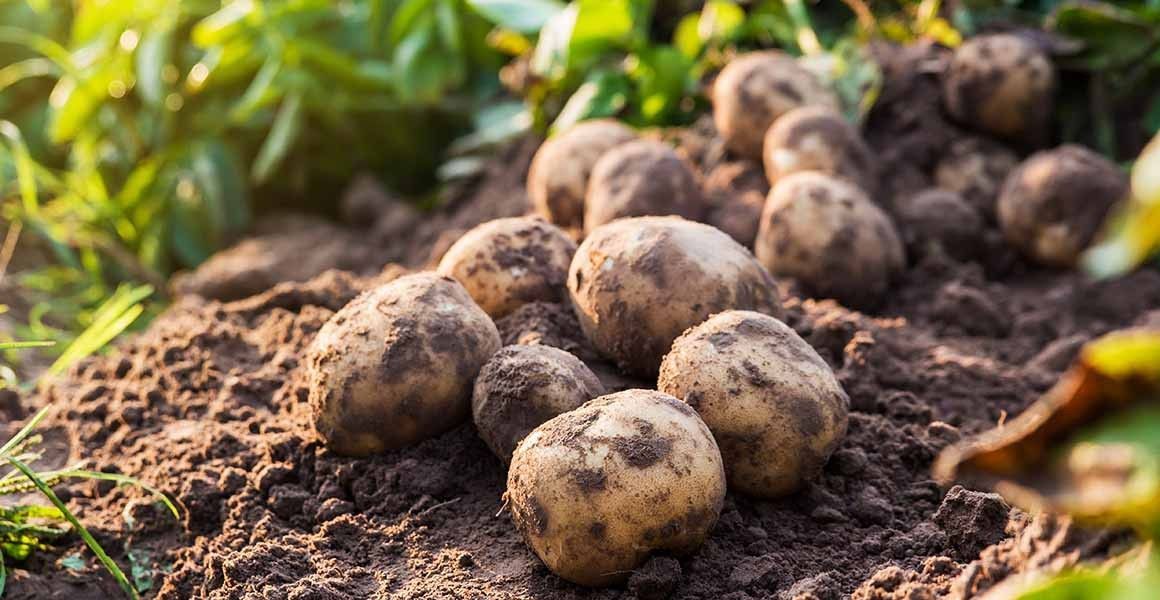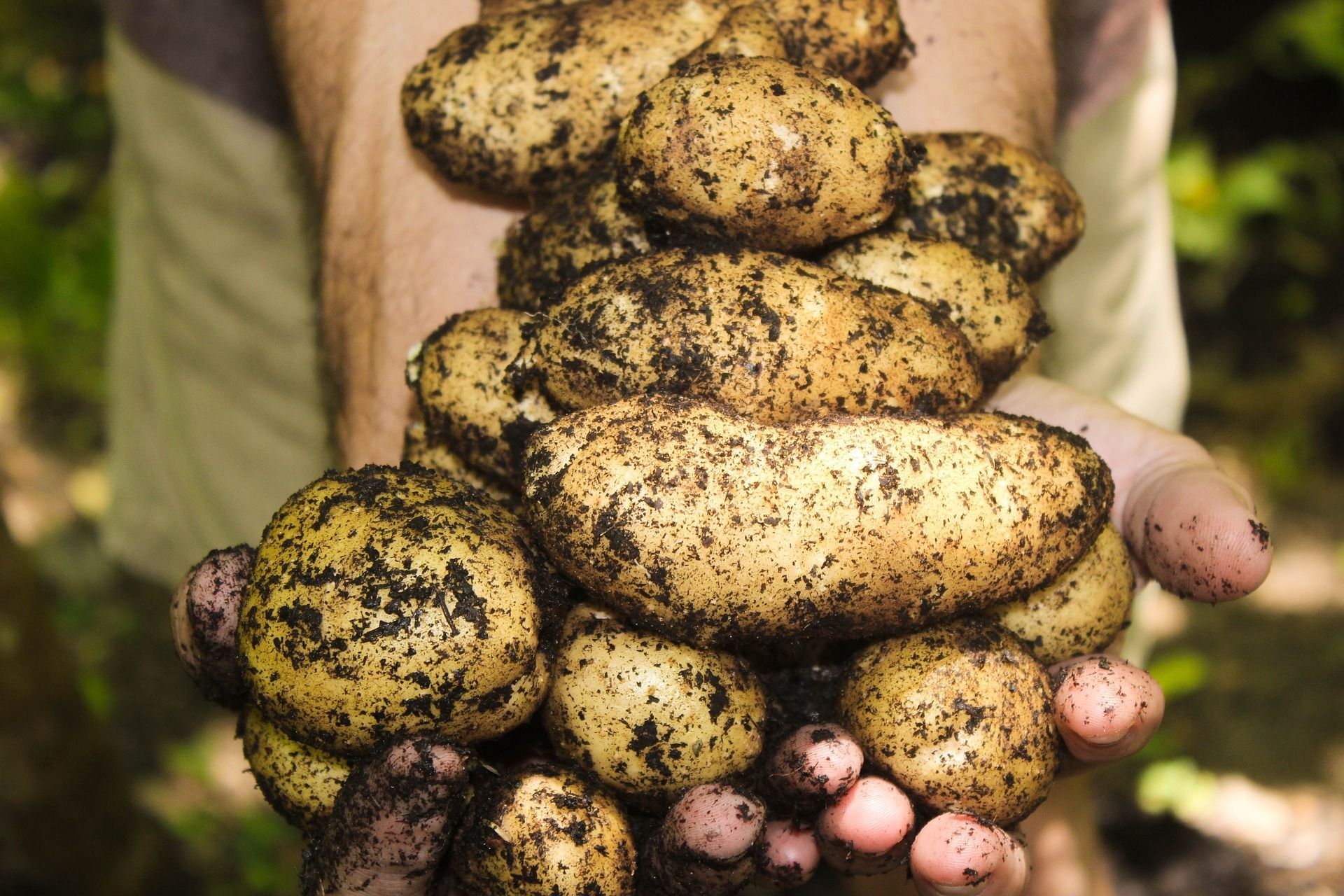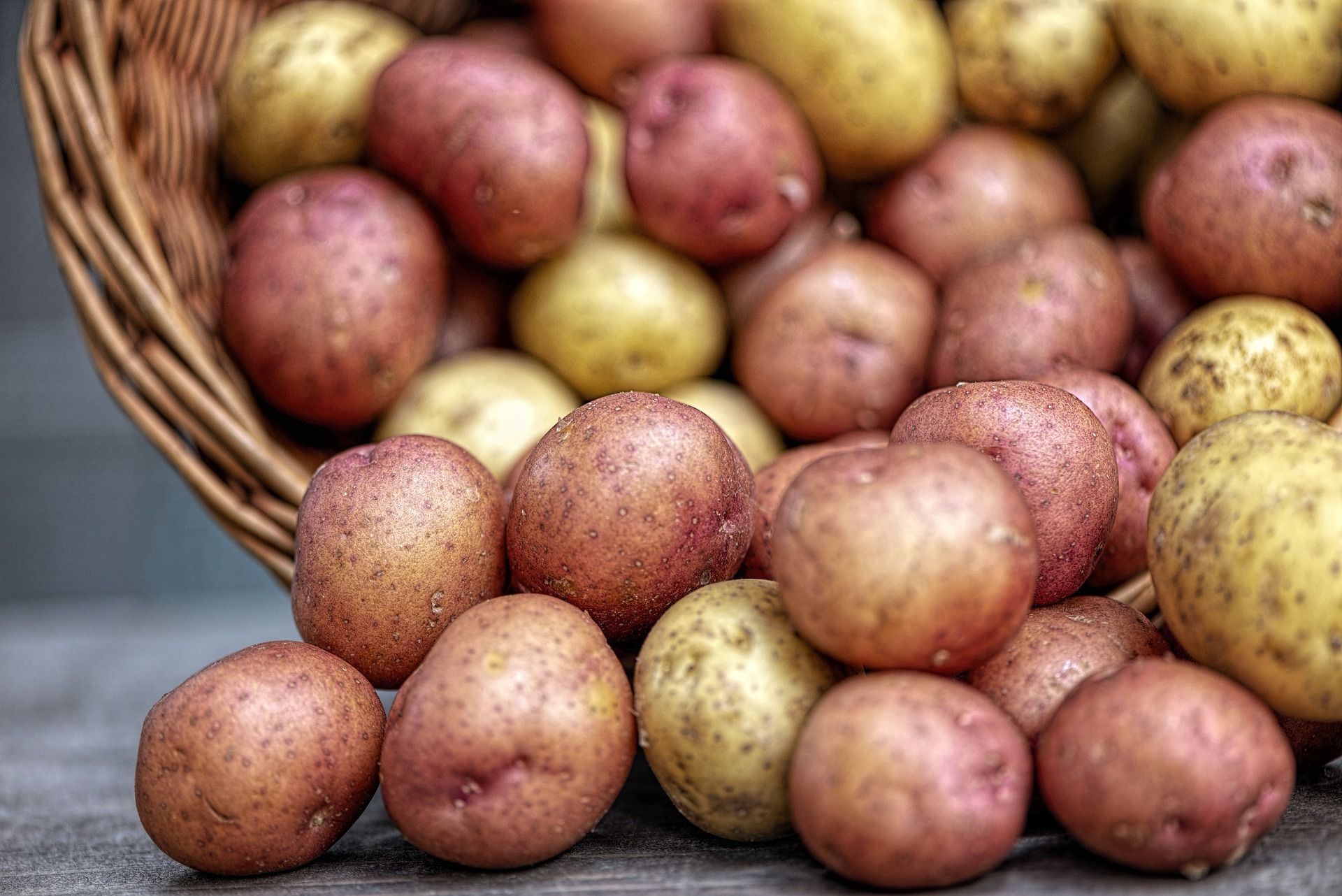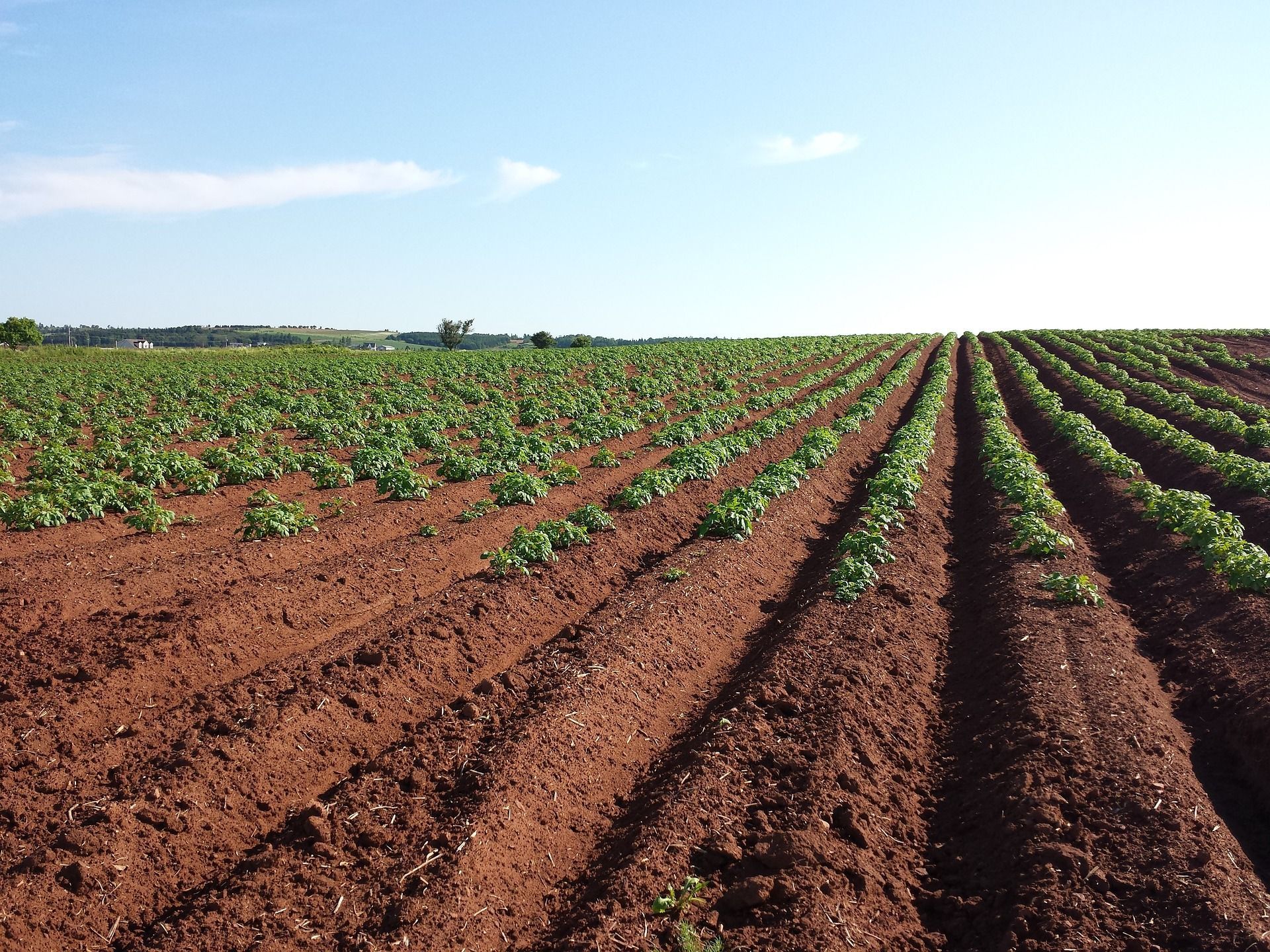Scientists weed out harmful genes to breed better potatoes

A new predictive method has shown a way to better select parents for new potato varieties offering a blueprint for better potato crops A new study into the genetics of one of the world's most important crops has uncovered methods for more effective farming of potatoes. Potatoes are one of the four most important carbohydrate sources in the human diet. Yet for decades farmers and plant breeders have struggled to increase potato yields, while other important carbohydrate crops such as maize and rice have shown significant improvements.
By studying the nightshade family, of which the potato is a part, an international team of scientists led by Dr. Yaoyao Wu of the Chinese Academy of Agricultural Sciences and including the Museum’s Dr Sandra Knapp OBE FRS, have been able to predict the presence of over 350,000 harmful gene variants that are restricting effective potato breeding. The team hope that by fully understanding the plant's genetics, researchers will be better able to breed new varieties of potato that are resistant to real and potential environmental challenges arising from the planetary emergency.

Dr Knapp says, 'This research is the first step of a long process. By fully understanding potato genetics plant breeders will be better able to breed new varieties of potato that grow more vigorously or are perhaps more resistant to disease and other environmental challenges. I’ve loved being part of this study, it just shows how understanding biodiversity through the study of taxonomy and evolution has far-reaching implications for many things that can't be anticipated at the outset.’
The problem with potatoes
That potatoes are one of the most widely consumed crops on Earth belies how difficult they are to improve through plant breeding. 'Potato breeding is very challenging because it is a clonally reproduced crop, so new potatoes are grown from pieces of old ones,' Sandy explains. 'This means they have accumulated lots of deleterious mutations, which impact their health and growth and cannot easily be gotten rid of using traditional methods.'
The other complicating factor is that potatoes are tetraploid, meaning they have four sets of chromosomes, two more than most plants and animals

Potatoes are also self-incompatible, meaning they cannot self-pollinate, the usual method for creating new varieties, so traditional breeding methods that work on other organisms are difficult to deploy in potatoes.
Food security in the planetary emergency
The first step to producing better potatoes is to first understand the state of its genetics. For this the team used a technique known as genomic evolutionary rate profiling (GERP), which looks for evolutionarily constrained areas in a plant's genome in order to map and predict deleterious, or harmful, mutations in important regions for plant survival.
'We helped the team to understand the relationships between the members of the nightshade family, grounding their research in genetic and evolutionary reality,' Sandy, an expert in the nightshade family, explains. ‘Understanding the family tree of these plants is fundamental to this project, because without it, all of the genetic predictions come undone.'
In total, the profiling detected the presence of 367,499 deleterious gene variants in the potato genome. This information could be used to create inbred lines and then start breeding new potato varieties.
However, the team were surprised to find that to breed more resilient potatoes, less vigorous, slower growing parents were the best option. Usually the most vigorous plants are selected by plant breeders as parents for these inbred strains.
'It's counterintuitive to use less vigorous potatoes to create better parental lines for future potato breeding, but it's a really interesting finding,' Sandy says. 'These new prediction methods could have the potential to really accelerate potato breeding.'
'Taxonomy has become increasingly important for many crops as researchers look to find out more about their wild relatives. Studying wild relatives can help to boost the genetic diversity of crops and find useful genes that might help them overcome today’s serious environmental challenges such as climate change.' The findings of the study were published in the journal Cell
Read more:



Contact Us
Contact Us
Thank you for contacting us.
We will get back to you as soon as possible
- Rural Life
Please try again later






